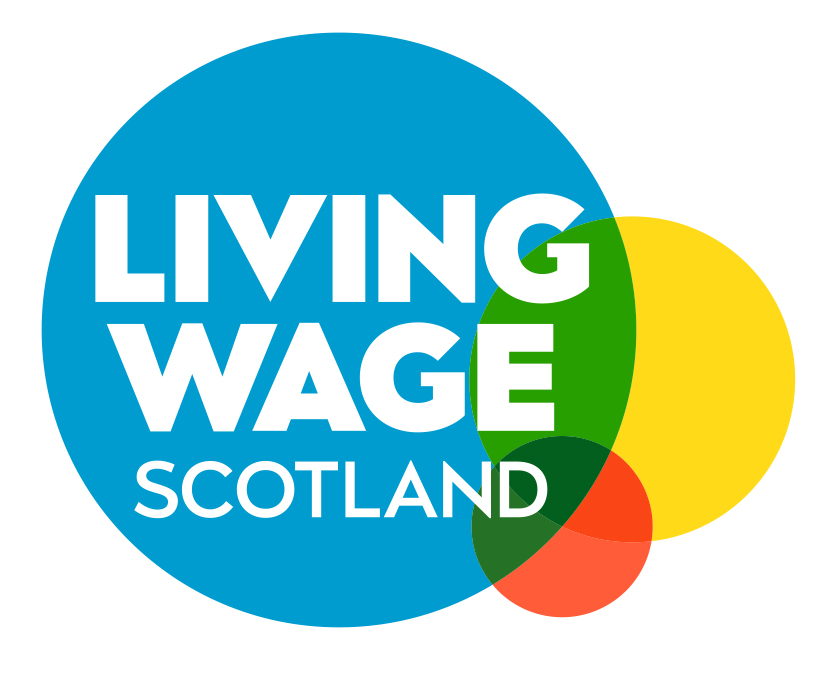Given it was only ten years ago, 2014 feels like it belongs to another era altogether. Barack Obama was still in the White House, the UK was a full member of the EU and most people had never heard of a coronavirus.
It was also the year when we embarked on our journey as an accredited Living Wage employer. This is a voluntary commitment to pay all our directly-employed staff the real Living Wage, as well as third parties working on our premises. At present, the Living Wage hourly rate is £12.60 across the UK, with a higher ‘London’ rate of £13.85.
What motivated that decision was a genuine commitment throughout the business to the values and purposes of a living wage, and a recognition that earning a decent living is critical to wellbeing.
Our milestone makes this year’s Living Wage Week especially noteworthy, and an opportunity to reflect on our journey. While there may have been challenges, we’re confident that becoming an accredited living wage employer was the right thing to do. We believe our successes in this area represent a call to action for other large organisations to join us in the Living Wage movement.
A Decade of Advocacy and Leadership
Since becoming a Living Wage accredited employer in 2014, abrdn has been at the forefront of advocating for fair wages. Our commitment goes beyond our own employees; it extends to our supply chain and the companies we invest in. Paying a living wage is not just a moral imperative but a business one and it aligns powerfully with our commitment to social mobility and inclusion.
Decent work is a critical component of sustainable business practices, and fair wages are an inextricable aspect of this. We recently published our framework to Decent Work, setting out the ways in which our research guides our investment decisions. This helps ensure we support companies that share our commitment to fair pay and decent conditions.
The private sector is indispensable to the success of the living wage movement. We’ve been delighted to support the Living Wage Foundation in Scotland and across the UK, from our participation in the Scotland Leadership Group, to hosting visits from senior Ministers in the Scottish Government. The voices of businesses will be key to ensuring the work of the Foundation continues to acknowledge the circumstances of companies of all sizes, and we will continue to play our role.
The Impact of the Living Wage
Those receiving a real living wage will likely have been far more resilient to the economic and social events which have marked out the last decade as a period of dramatic change.
The impact of paying a Living Wage can be profound. Research has shown that, compared to someone on the government’s Minimum and ‘Living ’ wage rates, someone on the real Living Wage can expect to earn over £2,000 more per year. The Government’s Living Wage is based on median earnings and, as the Living Wage Foundation say, does not intend to cover essential living costs. Over the 10 years since we became accredited, that would amount to a difference of more than £20,000 for an individual worker.
A Living Wage takes into account the costs of an employee’s daily essentials, such as housing, food, and transportation. Studies have shown that payment of the Living Wage reduces stress and improves overall wellbeing, leading to a more motivated and productive workforce. For businesses, it translates into lower turnover rates, reduced absenteeism, and higher employee satisfaction.
Our journey has shown that paying a Living Wage is not just beneficial for employees but also for the business. It enhances our reputation, attracts top talent, and fosters loyalty among our workforce. As a Living Hours accredited employer since 2020, we have also committed to providing secure and predictable working hours, further supporting our employees’ wellbeing.
Leading by Example
As one of the UK’s largest asset managers and investors, abrdn has a significant role to play in promoting the Living Wage movement. We feel that our leadership and advocacy can and should inspire other businesses to follow suit, whether in their own operations or as investors.
The Living Wage is a tangible way for businesses to demonstrate their commitment to social responsibility. The heartbeat of all sustainable businesses is their workforce. Leading by example means more than just good intentions, it starts with action – and action that is maintained through the good times, and the rough. That’s why we also support our UK employees with a parent leave policy of 26 weeks for both men and women, which recognises that statutory parental pay still only equates to less than half (43%) of the national Living Wage.
Nothing worth doing was ever easy
Businesses are facing a challenging economic environment, with political uncertainty added to the mix in many countries across the globe. Committing to a standard like the Living Wage, subject to external decisions, is understandably daunting. Recent events such as the UK government’s increase of employers’ National Insurance have meant significant pressure on labour costs.
As a global business, we do not underestimate the scale of the challenge many companies are facing – and may continue to face – in the months and years ahead. What’s equally certain is that those on the lowest incomes will face the greatest challenges, especially if the burden of higher costs is passed on to workers and households in the long-run. That’s why our commitment to paying the living wage is as strong as ever, and we’re looking forward to what the movement in the UK achieves in the next 10 years.
Why wait?
Small businesses and charities have long been the backbone of the living wage movement in the UK. As we celebrate our milestone, we would like to encourage other large businesses to join us and commit to accreditation.
The benefits are clear, and the impact is significant. By committing to fair wages, businesses can take a meaningful step towards a more equitable society. Most people would intuitively understand that paying a living wage does much to give people the power to live their lives to the fullest. If you know that it’s the right thing to do, make a commitment today to bring those changes into effect.

